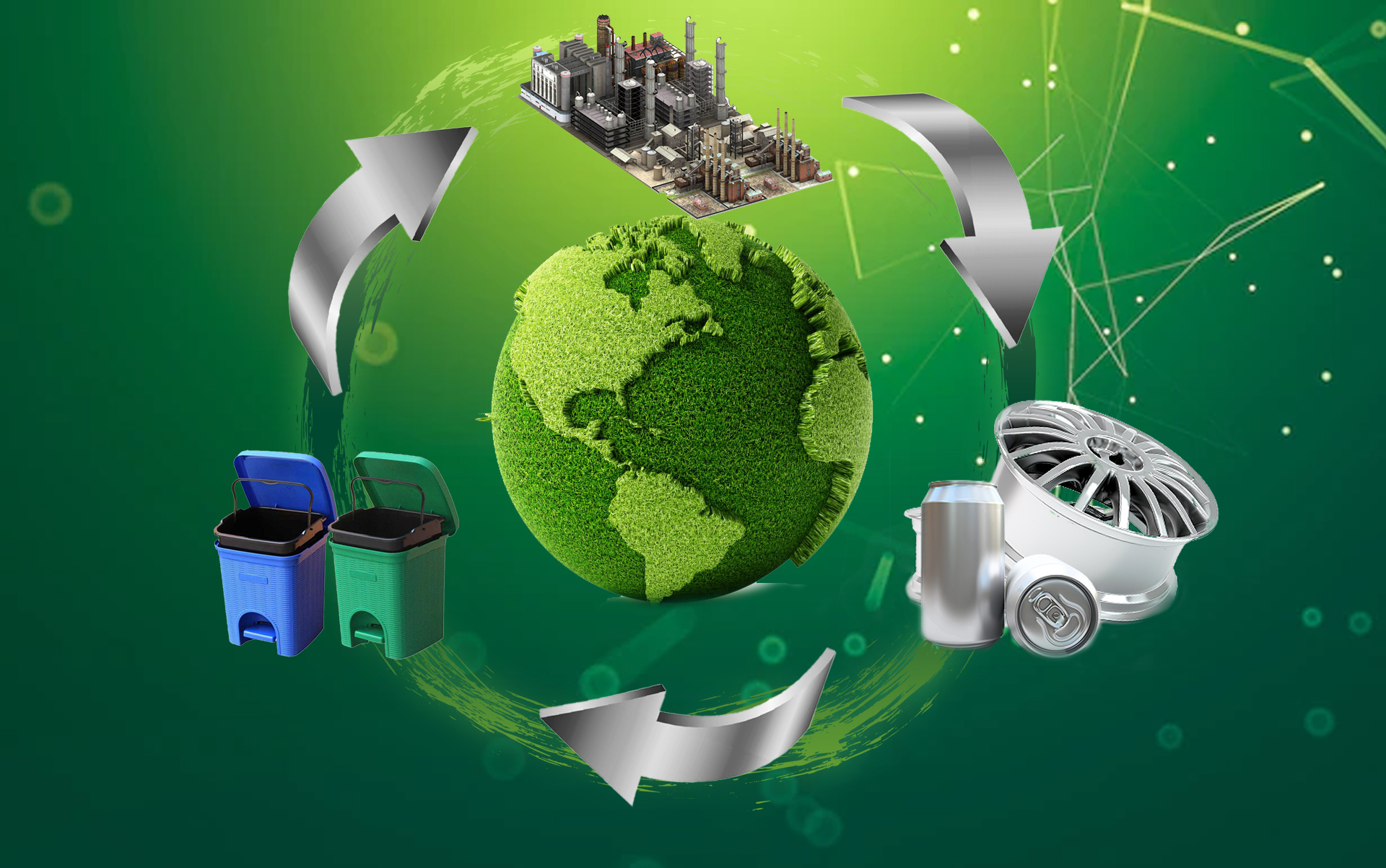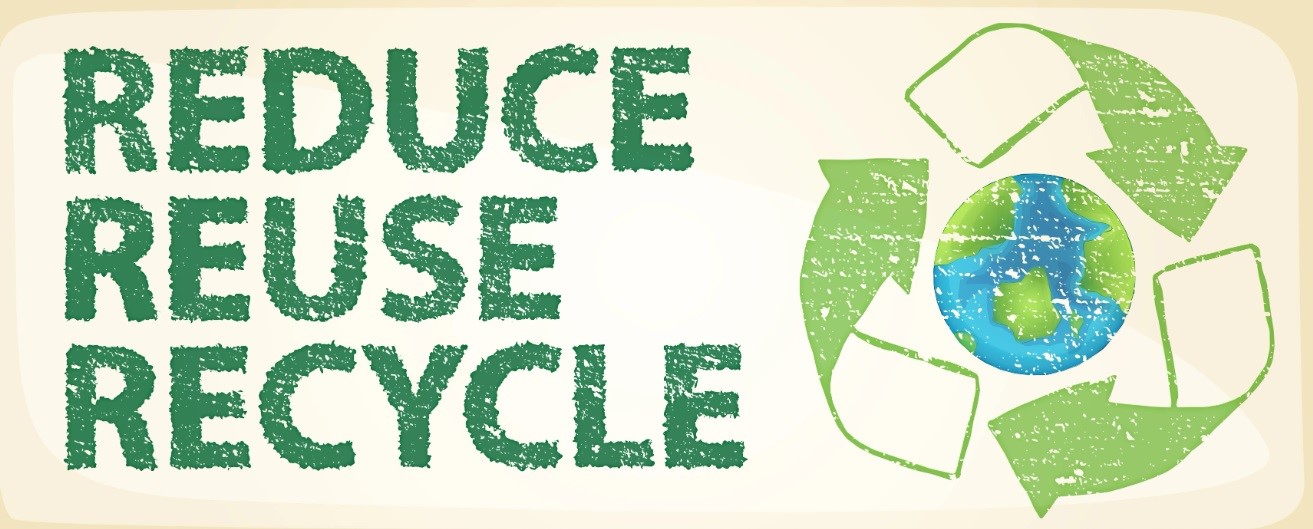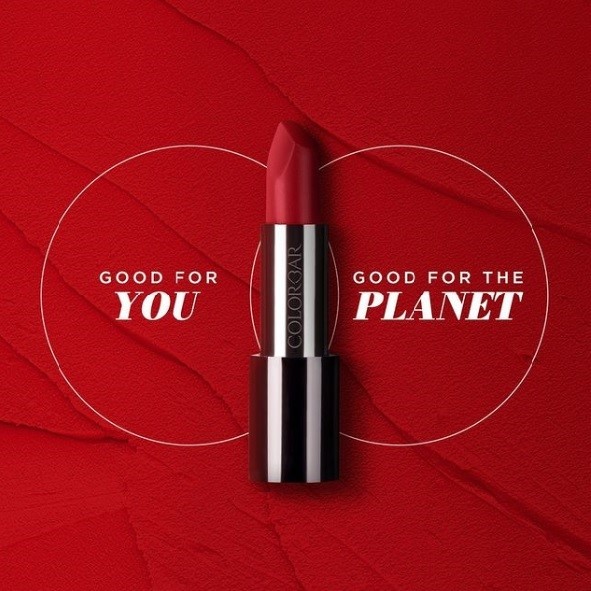

Aluminium is a leader in the circular economy. Because it is 100% recyclable, it retains its original qualities no matter how often it is treated. And there is no doubt that aluminium cans, in this circular economy, are the most environmentally friendly beverage packaging options. Aluminium cans have a higher recycling rate and can be made with a higher percentage of recycled metal than other types of packaging. Because it is durable, stackable, and lightweight, businesses can send more drinks while reducing their environmental impact.

So what is a circular economy? Circular Economy is a concept for solving system-level concerns such as pollution, waste, biodiversity loss, and climate change. The only way to make the economy more sustainable is to move away from the current take-make-consume-throw-away economic paradigm. Recycling and reusing waste are parts of circular economies that entail utilising resources less often, redesigning things to be less resource-intensive, and recovering and reusing waste.
The circular economy approach emphasises the need for sustainable production, consumption, recycling, and aluminium cans are a perfect example of how we can create a closed-loop system. Because of its low density, high strength-to-weight ratio, and ductility, it is one of the most versatile metals in the world.

In recent times, brands like Nivea are changing internally into green firms by increasing their usage of recyclable aluminium as a raw material for their packaging solutions. Beginning in May 2021, the brand collaborated with Switzerland-based aluminium can company Nussbaum Matzingen AG to produce the company's first aerosol can made entirely of post-consumer recycled aluminium to reduce its products' carbon footprint.
Colorbar, a well-known and reasonably priced cosmetic company in India, just released its new 'Take Me As I Am' 3-in-1 lipstick. This unique, environmentally friendly product is the brand's first refillable lipstick packed in 100% recyclable aluminium.

Diageo, the parent firm of well-known liquor brands such as Johnnie Walker, Baileys, Smirnoff, Captain Morgan, Gordon, Guinness, and Tanqueray, has announced support for the formation of a UK-based institution aimed at creating a circular economy for aluminium. Diageo plans to build a machine that would "roll hundreds of thousands of tonnes of aluminium sheet in the UK, more than enough for over 400 million cans of Guinness and pre-mixed Gordon's and tonic."
The International Aluminium Institute (IAI) conducted research finding that aluminium cans are the strongest proponent of the circular economy. Collecting, sorting, thermal processing, closed-loop recycling, and open-loop recycling studies in five distinct regions (Brazil, China, Europe, Japan, and the United States) have provided conclusive evidence for this claim.
The study found that of the 3.7 million metric tonnes of aluminium cans sold, about 0.8 million metric tonnes, or 21%, end up in landfills. In contrast, the corresponding figures for glass bottles (49%) and plastic bottles (39%), and glass bottles (32.2 million metric tonnes) are lower.
Responses








